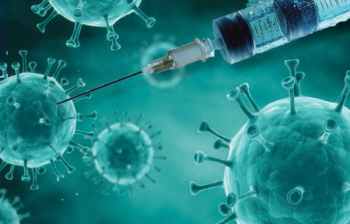
- February 2017
- Volume 2
- Issue 1
Staying Ahead of the Changing Healthcare Landscape
Now is an exciting time to be a business leader in the healthcare. The new year and new administration in the White House have brought the promise of major changes—especially in the healthcare field.
Contagion™ will be at the forefront of covering changes made by the Trump administration that will impact healthcare, including legislation and executive orders with an indirect impact—such as the recent ban on refugees entering the United States. Although this executive order made no mention of decreased collaboration with global healthcare institutions, major infectious disease societies (eg, American Society of Tropical Medicine and Hygiene, Infectious Diseases Society of America) made public statements that the ban will have a negative effect on public health and that it may, in fact, put the US at greater risk for epidemics and pandemics of infectious diseases. The statements cited that infectious diseases know no borders and the majority of those who travel in and out of the country are not refugees. Perhaps most important is the fear that these societies will lose ongoing surveillance of all diseases and their alliance with the global healthcare community to learn more about how to detect, treat, and prevent these infections in the first place.
In this issue of Contagion™, we focus once again on major areas of infectious disease. We highlight a
We also feature a review of the sometimes-overlooked
As we head into this tumultuous time in healthcare, we hope you will look to us as your guide for breaking news and updates on disease-specific information designed to improve patient outcomes. Please follow us online at
Thanks for reading!
Articles in this issue
almost 9 years ago
A Pharmacist's Role in HIV Antiretroviral Stewardship in the Hospitalalmost 9 years ago
West Nile Virus Infections May Prove Deadlier Than Previously Thoughtalmost 9 years ago
Up-and-Coming Prevention Methods for Clostridium difficilealmost 9 years ago
Another Tick-Borne Disease Growing in the United States: Powassan Virusalmost 9 years ago
The Reasons Individuals Refuse Vaccines May Surprise Youalmost 9 years ago
Decongestants and Hypertension: Dangerous Togetheralmost 9 years ago
The Great Debate: Polymyxin B Versus Polymyxin ENewsletter
Stay ahead of emerging infectious disease threats with expert insights and breaking research. Subscribe now to get updates delivered straight to your inbox.



































































































































